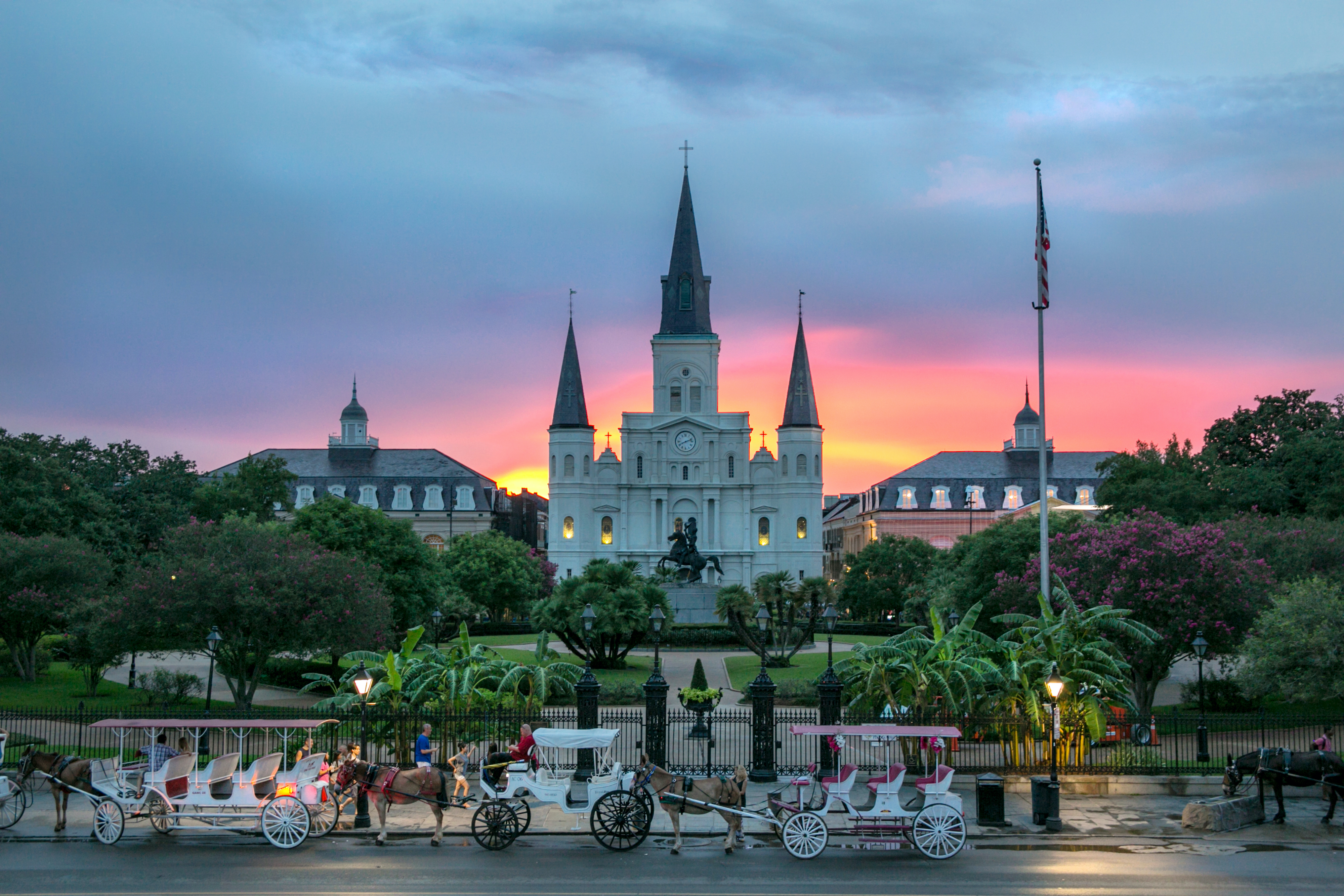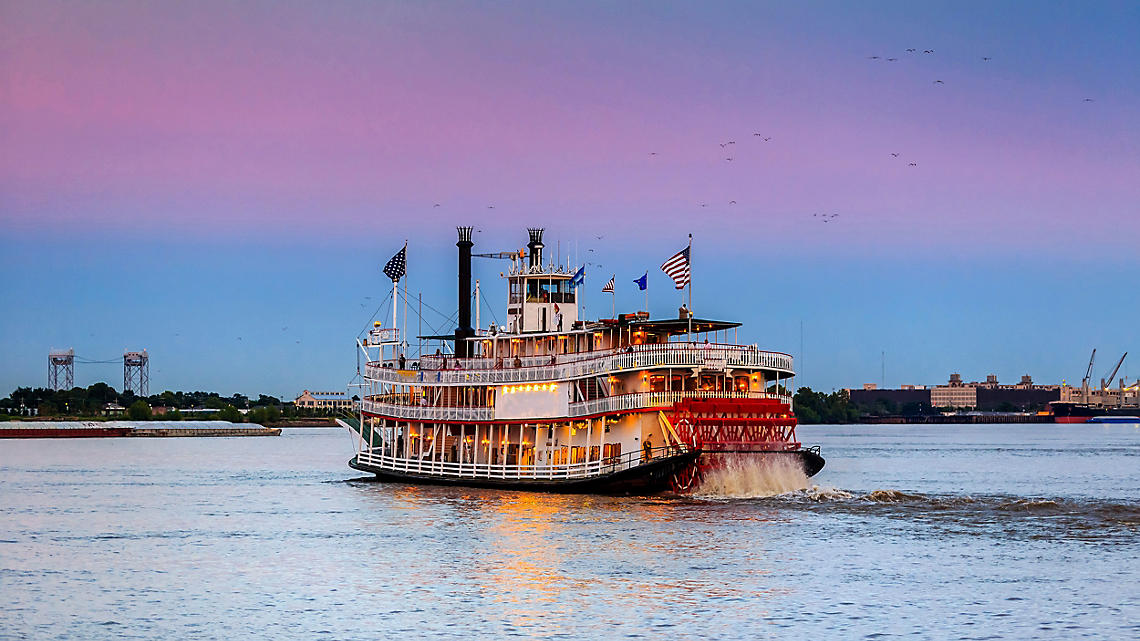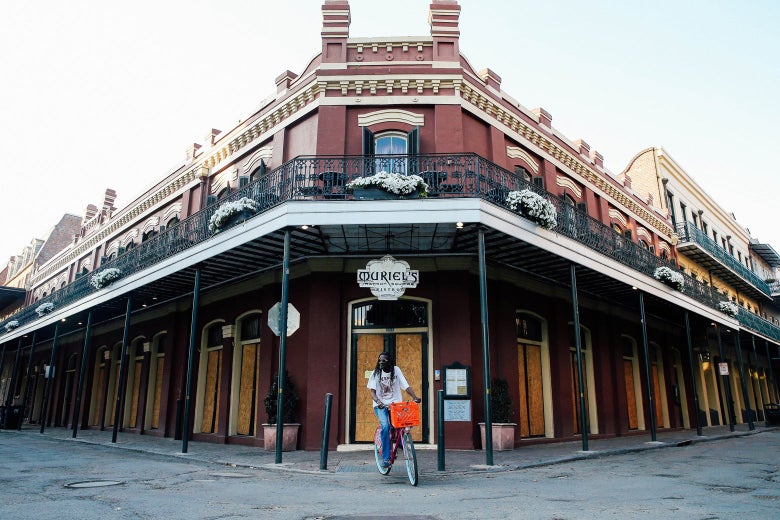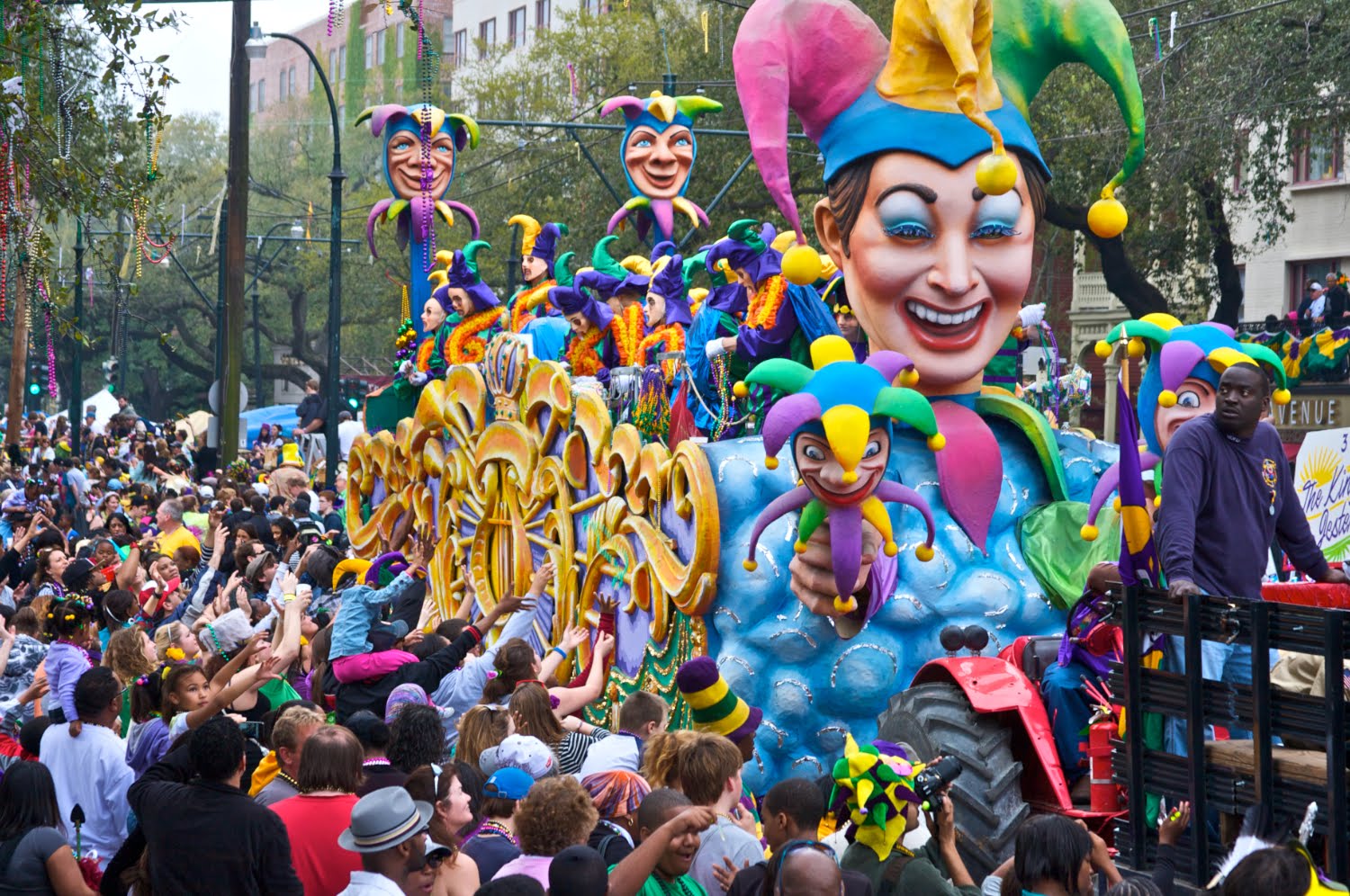 Content Sourced from https://www.neworleans.com/ Image Source: gonola.com
Content Sourced from https://www.neworleans.com/ Image Source: gonola.com
New Orleans

Introduction
New Orleans is a Louisiana city on the Mississippi River, near the Gulf of Mexico. Nicknamed the "Big Easy," it's known for its round-the-clock nightlife, vibrant live-music scene and spicy, singular cuisine reflecting its history as a melting pot of French, African and American cultures. Embodying its festive spirit is Mardi Gras, the late-winter carnival famed for raucous costumed parades and street parties
Source: Google.com
Image Source: www.bluegreenvacations.comNewsletter Signup

History
Situated on a bend of the Mississippi River 100 miles from its mouth, New Orleans has been the chief city of Louisiana and the Gulf of Mexico’s busiest northern port since the early 1700s. Founded by the French, ruled for 40 years by the Spanish and bought by the United States in the 1803 Louisiana Purchase, New Orleans is known for its distinct Creole culture and vibrant history. Significant battles of the War of 1812 and the Civil War were fought over the city. In its last hundred years the key struggles of New Orleans have been social (poverty, racial strife) and natural (hurricanes, floods and slowly sinking land).
Image Source: slate.com

Culture
Unquestionably one of the most distinctive cities of the New World, the peoples of New Orleans evolved a unique culture and society, while at the same time blending many heritages such as African American, French and North American. Its citizens of African descent provided a special contribution in making New Orleans the birthplace of jazz. New Orleans is a city of paradox and contrast: while it shares the urban problems afflicting other U.S. cities, it has nevertheless preserved an exuberant and uninhibited spirit, perhaps best exemplified by its Carnival season, which culminates in the famous annual Mardi Gras, when more than a million people throng the streets.
Image Source: www.astridtravel.com